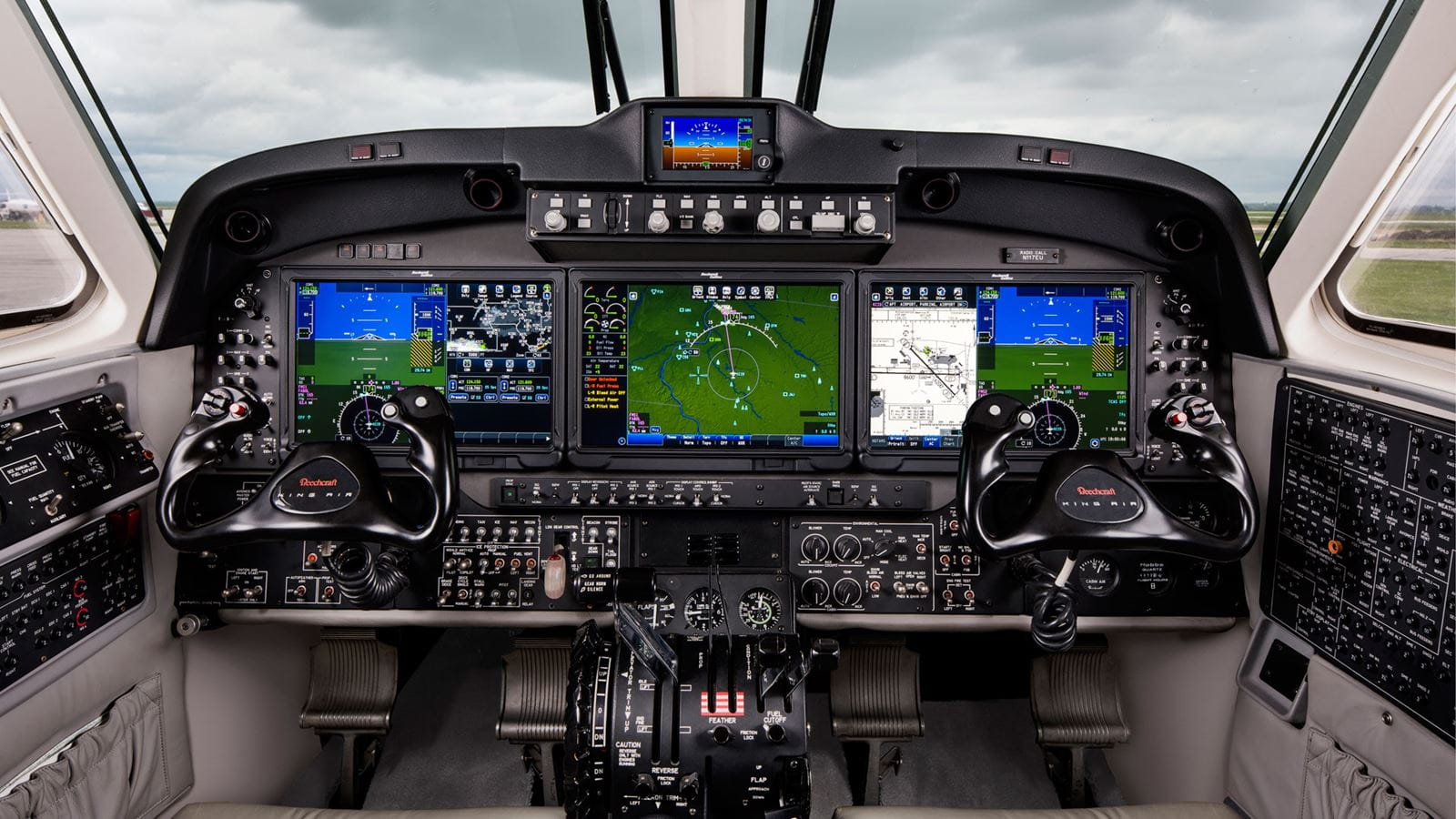Bristol Airport adopts BlipTrack Kerb-to-Gate system

The solution, called BlipTrack, measures passenger flow and dwell times, which enables the airport to understand how travellers move through and use the airport.
Passenger numbers exceeded the seven million milestone for the first time in Bristol Airport´s history in 2016. To ensure the passenger experience remains positive as volumes increase, the airport has enlisted the expertise of software specialists Gentrack to implement BLIP Systems´ BlipTrack Kerb-to-Gate Solution. The technology will provide the airport with a cohesive picture of guest experiences—from the moment they arrive, to when they leave, and everywhere in between.
It will enable Bristol Airport management to retrieve both live and historical information about specific patterns, such as walking routes, entrance and exit usage and time spent in specific areas—such as car parks, check-in, security, lounges, gates and more. Managers will be provided with an understanding of how disruptions or changes affect standard behaviour, and how to optimise each and every area to operate optimally.
As the solution collects data in real-time, it is able to provide early warning if congestion occurs. This rapid information allows the airport to take fast, proactive measures before the situation escalates.
From a traveler’s perspective, when the last phase of the central search development is complete the airport will be able to provide a positive travel experience by displaying accurate queue times on screens. This will allow passengers to reduce frustration by creating realistic wait time expectations.
The solution consists of dedicated WiFi/Bluetooth sensors and a sophisticated analysis platform. Bristol Airport is able to extract any combination of data, both real-time and historically, to provide the desired output. For example, management can review how long a typical customer spends in the check-in area. This pattern can be averaged over a day, a week, a month, as well as for a specific carrier, destination, time of day and more.
Paul Davies, Operations Director, Bristol Airport said: “We wanted to introduce a state-of-the-art technical solution to the challenges airports face in improving customer flow management in the terminal. We had very high expectations prior to the introduction of the system, and I am very happy to say that the outcome has proved very successful. The system has capabilities of further enhancements which will provide other long term solutions in the future.”
“To understand and improve individual areas of airport operations, it is important that the traveler’s journey is seen as a single process, rather than as a string of isolated events. The understanding that all individual events influence each other is key to unlocking potential gains. Accurate flow and dwell time information helps to understand, optimise and improve airport process and to maintain acceptable waiting times” says Christian Bugislaus Carstens, Marketing Manager at BLIP Systems.
“Airport queues are amongst the most frustrating passenger experiences during a journey. By implementing BlipTrack, Bristol Airport will be able to analyse the situation in real-time as well as predict any potential issues and act accordingly," said Ilya Burkin, Business Development Manager at Gentrack.
Bristol Airport joins a host of other UK airports, including Manchester, Dublin and Edinburgh, who are using the solution in optimisation efforts. BlipTrack is also deployed in the city of Portsmouth and the Port of Dover to help ease traffic woes. Internationally, more than 30 international airports use the Danish technology, including Schiphol Airport in Amsterdam, JFK Airport in New York, Copenhagen, Oslo, Brussels, Geneva, Cincinnati and Auckland.












